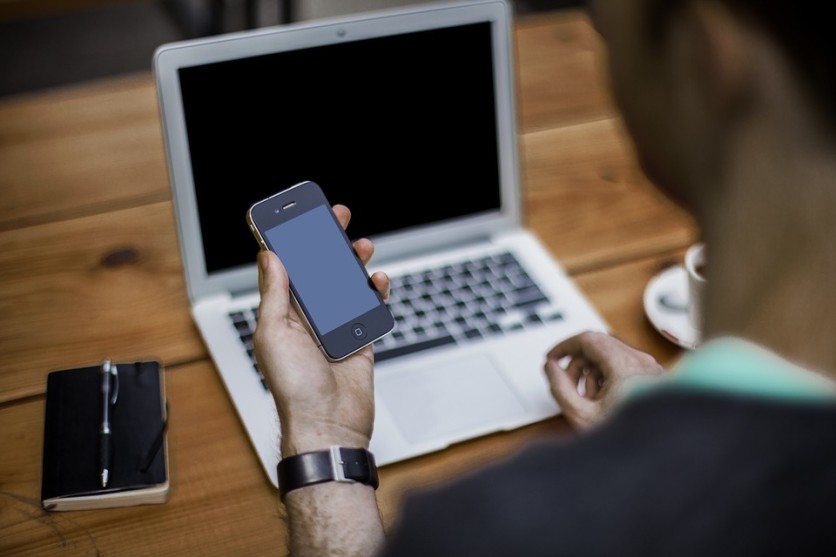
Social media app TikTok is under scrutiny because of suspicions that it poses a national security risk.
In a letter last Wednesday, Oct. 23, Senators Charles Schumer and Tom Cotton formally requested the Intelligence Committee to assess TikTok.
"Security experts have voiced concerns," reads the letter, "that China's vague patchwork of intelligence, national security, and cybersecurity laws compel Chinese companies to support and cooperate with intelligence work controlled by the Chinese Communist Party."
TikTok is owned by ByteDance, a technology company based in Beijing.
In spite of the company's claims that it operates outside of China and stores all their data in the United States, the senators pointed out that ByteDance is still required to adhere to China's laws. Thus, they fear TikTok could be pressured into cooperating with the Chinese Communist Party.
The senators are also exploring the possibility of TikTok being used maliciously by foreign entities. During the 2016 U.S. presidential elections, Russian troll accounts were found to be sharing misinformation through Facebook, Twitter, and Google. Legitimate news outlets were later found o be sharing propaganda from these accounts, thinking they were grassroots information that could be trusted.
Although not responding directly to the Senators' letter, a representative of TikTok said, "TikTok is committed to being a trusted and responsible corporate citizen in the U.S., which includes working with Congress and all relevant regulatory agencies."
Allegations of censorship
Aside from the possibility of data privacy violations, TikTok has also been called out for allegedly censoring the content on its platform. In a report by The Washington Post, it was noted that TikTok differs from other social platforms when it comes to Hong Kong.
When you would search #hongkong on other platforms, you'd find various content referencing the Hong Kong protests could be found. However, when doing the same on TikTok, it would appear as if none of these existed in Hong Kong.
In a speech this Thursday at Georgetown University, Facebook CEO Mark Zuckerberg criticized TikTok for this alleged censorship of media. "While our services... are used by protesters and activists everywhere," says Zuckerberg, "on TikTok, the Chinese app growing quickly around the world, mentions of these protests are censored, even in the U.S."
In response, a TikTok spokesperson says, "The Chinese government does not request that TikTok censor content, and would not have jurisdiction regardless, as TikTok does not operate there."
"To be clear: we do not remove videos based on the presence of Hong Kong protest content," the spokesperson added.
TikTok explains that its users gravitate towards their app for its entertainment, not for its politics, which is why the Hong Kong protests are remarkably absent on their platform.
Meanwhile, a sister-app that is only available in China called Douyin, is strictly censored and is used by the ruling party to spread propaganda. TikTok assures its critics that its U.S. operations are entirely separate from its parent company in China.
Growing "Banlist" on China-based companies
TikTok's mother company ByteDance isn't the first company to be put under harsh scrutiny by the U.S. government for their ties with China. A recent filing by the U.S. Department of Commerce detailed the blacklisting of 28 Chinese organizations from doing business with U.S. entities.
Of these 28 organizations, eight are tech companies that specialize in video surveillance, facial recognition, and artificial intelligence.
However, blacklisted companies can find ways to circumvent this decision. The Wall Street Journal reports that Chinese companies like Huawei have been selling Chinese firm goods made outside the U.S., which deftly goes around the ban. American firms could also apply for special licenses to continue selling these companies the products they need.




